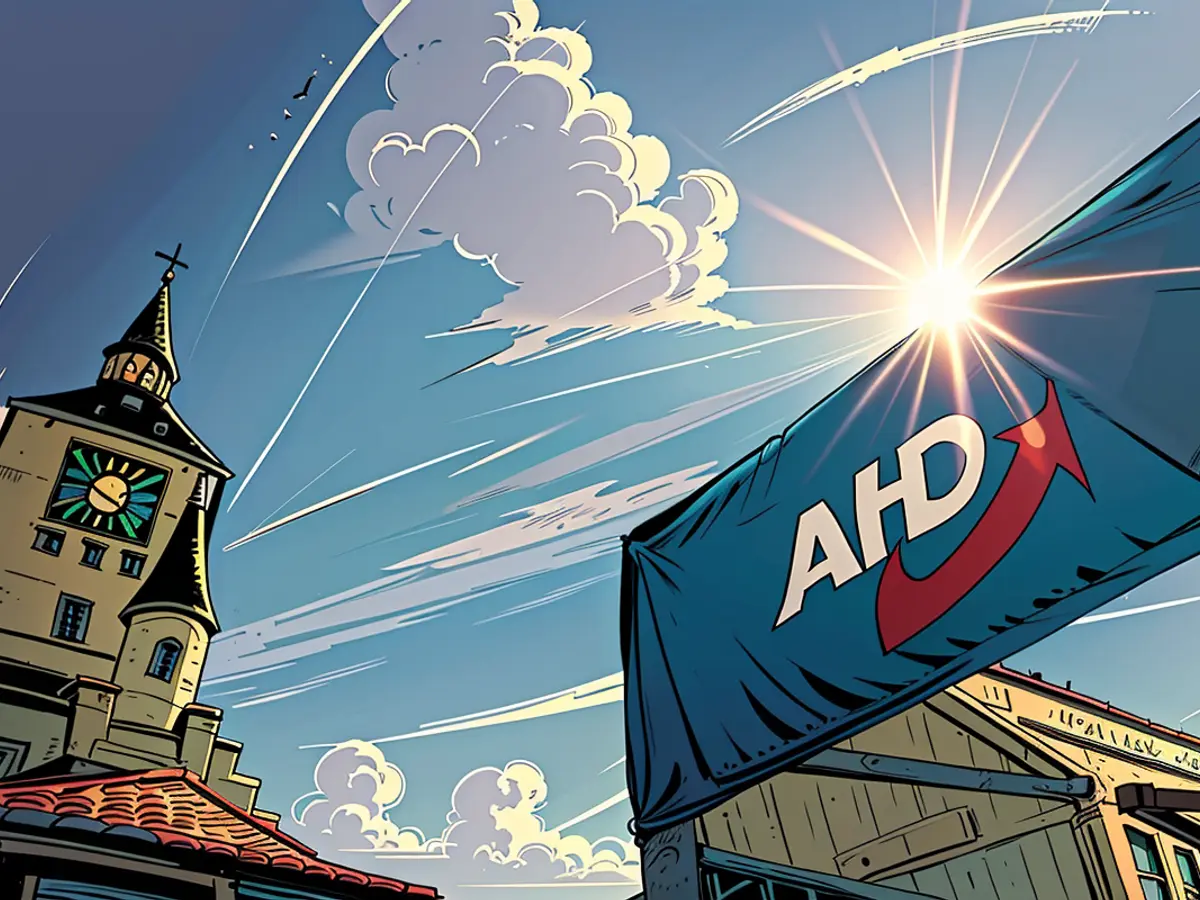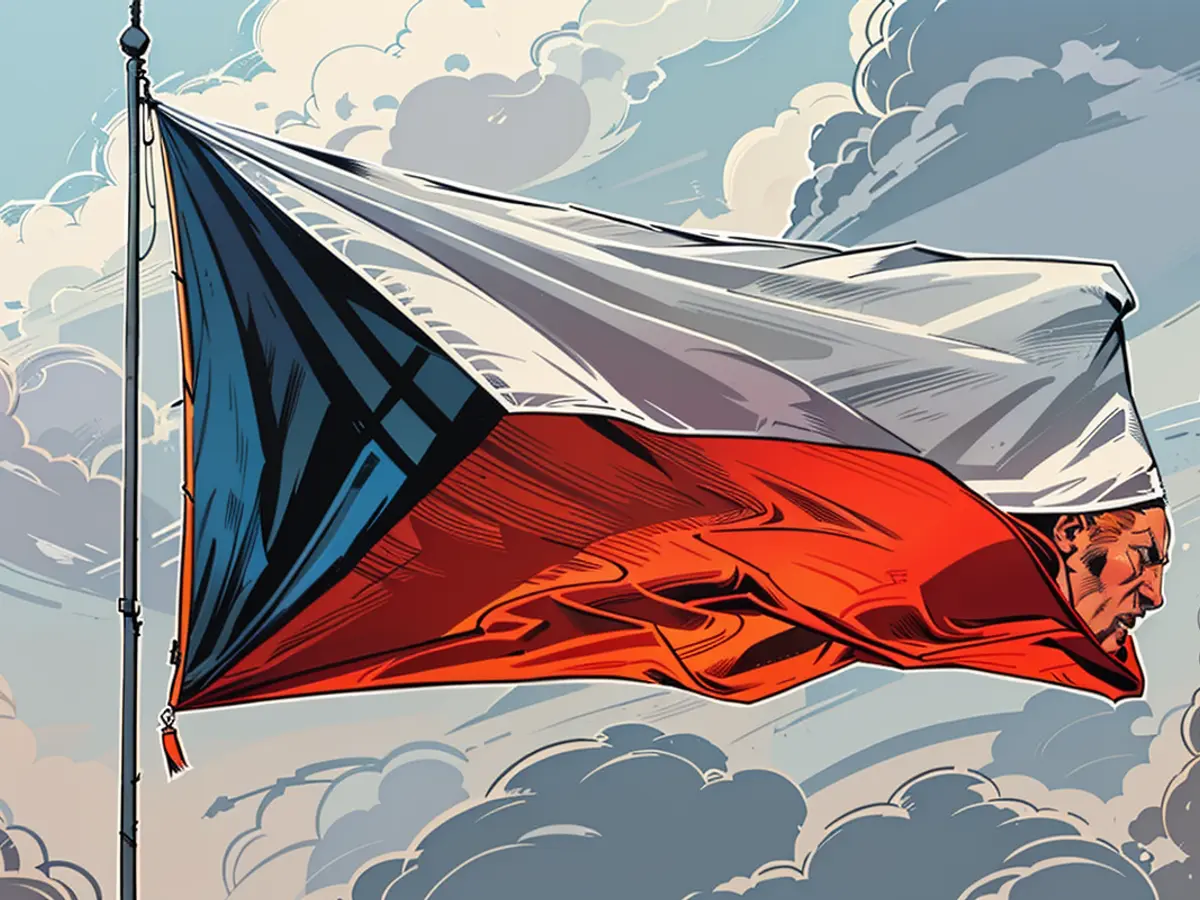The European Union aims to tackle oppressors in Russia.
European Union foreign ministers have come up with a new legal framework for imposing sanctions against human rights violations in Russia just over three months after the death of Kremlin critic Alexei Navalny. This new framework will mainly target individuals and organizations responsible for suppression of opposition.
The ministers have decided to ensure that the assets of these individuals are frozen within the EU, and they will not be allowed to enter the region. The resultant legal framework is unofficially known as the "Navalny Sanctions Regime." The Ministers are reportedly expecting to issue around 20 such listings as a part of these new sanctions. These sanctions are expected to target individuals linked with Navalny's death. Navalny was sentenced to a lengthy prison term in mid-February in a Siberian prison and perished there.
Germany and other 26 members of the EU have accused President Vladimir Putin and the Russian authorities of being responsible for Navalny's demise. The group had already imposed sanctions on 33 individuals from justice and politics back in March, using an existing tool from their sanctions arsenal. They had also placed two penal colonies where Navalny was imprisoned last on the EU's sanctions list.
Apart from this, the EU foreign ministers will also be discussing issues related to Russia's ongoing conflict with Ukraine and the Middle East conflict. They might also be considering whether to impose sanctions in response to a law limiting foreign influence on civil society in Georgia, much like the US. The US recently announced visa restrictions for certain travelers from the South Caucasus region, which will target people seen as undermining democracy in Georgia or involved in it, along with their family members.
German Foreign Minister Annalena Baerbock is a part of the meeting. Following this meeting, the eighth donor conference for the victims of the civil war in Syria will be held in Brussels, where international aid organizations are hoping for commitments worth billions in support.
Read also:
- Year of climate records: extreme is the new normal
- Precautionary arrests show Islamist terror threat
- UN vote urges Israel to ceasefire
- SPD rules out budget resolution before the end of the year
Source: www.ntv.de








